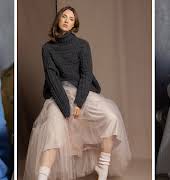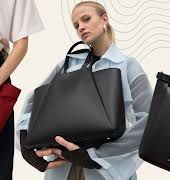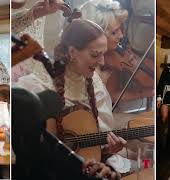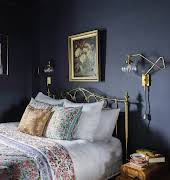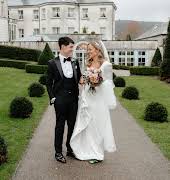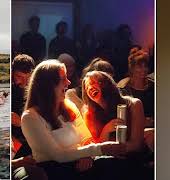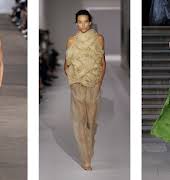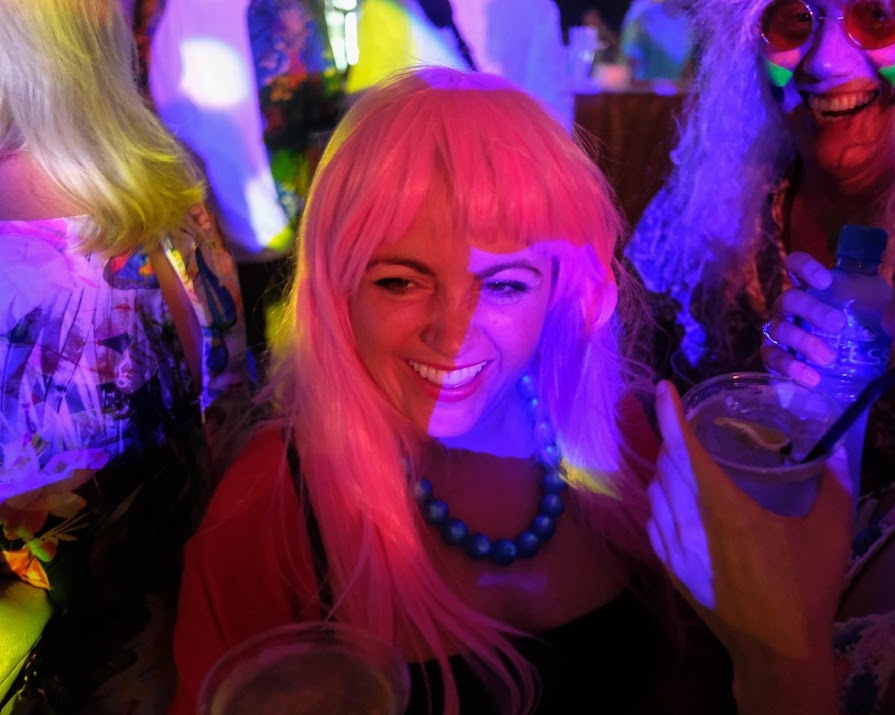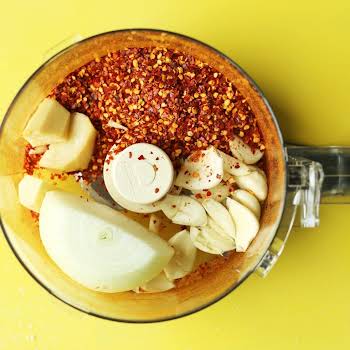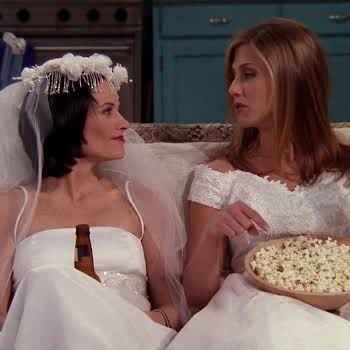
At 33 my life has taken a U-turn with MS. As long as Covid looms, I won’t be leaving the house
By IMAGE
08th Jul 2020
08th Jul 2020
Dearbhla Crosse sheds light on an illness that women are three times more likely to get than men. Covid-19 means she must cocoon with her parents and grandparents in the countryside. Here she reflects on the possibility of having to stay shut away until there is a vaccine
Grappling with a chronic illness in the midst of a global pandemic is not how I envisaged my 30s. I had already spent the last six months in relatively quiet sequester grieving for my health. Little did I know that by the time I felt up to ‘re-entering’ society, the world would be in the throes of a global contagion. Unfortunate timing, right as we enter the most catastrophic global event since World War II.
The world now quarantining for an ever evolving period of time. I had spent my twenties bouncing from country to country, putting any niggling ailments aside. Despite five years of inexplicable symptoms, doctors didn’t come up with anything conclusive. I was young, so I thought it couldn’t be anything too serious. Little did I know Multiple Sclerosis (MS) is a particularly cruel mistress, typically capping you in your prime. Women are three times more likely to get MS than men, so the odds were already stacked against me.

Moving home
because of my weakened immune system; even a cold or flu could cause irreparable neurological damage.
Being told I had a debilitating neurological disorder was gut-wrenching and my initial fear was that I would end up in a wheelchair. An admittedly lazy symbol of disability, as MS is often invisible. It can be hard when people don’t understand your limitations as many people living with MS don’t look visibly disabled. MS manifests itself differently depending on the person and the unseen impact the disease has on quality of life is frequently misunderstood.
MS meant having to move home last year after living abroad for 10 years. MS means dealing with fatigue, a nauseating mental and physical exhaustion where sometimes drinking a glass of water is a monumental effort. My symptoms worsen if I’m overheated so when I run, my eyes become blurry, as if floating in a fish tank. I have intermittent pins and needles in my hands and feet. Some days, it feels as if ants are crawling up my legs, often coupled with involuntary muscle spasms spurred by days of sleeplessness. MS has also meant going on an anti-inflammatory diet, and giving up some of life’s joys, such as cheese.
Like an army of lemmings, my overactive immune system is slowly hacking away at the myelin sheath, the layer protecting my nerves. Causing permanent scarring, it eventually affects movement, senses, and cognition. Although my medication slows disease progression, I need blood tests every three months to make sure my white blood cell count doesn’t dip too low. Some of the more fun side effects include liver failure, vision loss and fatal brain disease. It’s a gamble I take as it seems better than the debilitating alternative. It does mean I am now vulnerable to other illnesses because of my weakened immune system; even a cold or flu could cause irreparable neurological damage.

Unexpected U-turn
Three generations co-existing peacefully in this strange, restricted dystopia
I had already spent most of winter overcautiously wrapping my scarf around my face like a mummy, glaring at anyone who sneezed on the Luas long before ‘Coronageddon’. Yet, as the cases continued to mount, every step outside felt fraught with danger. I was living my own nightmarish dystopian novel. One in which I was the paranoid protagonist dodging virus emitting zombies. With gym closures, came the onslaught of Covid joggers. Many expecting you to simply ‘jump’ into the nearest bush as they ran straight through you, expelling gargantuan breaths of potential pathogens in their wake.
By mid-March, I had begun to experience sharp pain and a band of tightness across my chest. Being of a rational disposition, I immediately presumed I had developed some sort of a heart condition. It turns out I had acute anxiety. A psychological symptom of MS compounded by the additional fear a pandemic induces. The doctor told me to stop watching the news on repeat.
This latest imposition of vulnerability has meant cocooning with my parents and grandparents in the countryside for the foreseeable. Three generations co-existing peacefully in this strange, restricted dystopia. Whilst grateful, it’s definitely an unexpected U-turn at 33. The pandemic has also had additional implications for my overall health, like ensuring access to medication. It has meant cancelled out-patient neurology appointments, delayed MRI results and postponed blood tests. Lockdown life also means dealing with MS flare ups without the usual therapies. Although, I am fortunate I was given access to medical treatment before the world shut down.
The new status quo
I find myself with an inordinate amount of free time as the days seem to flow into one another. Long, nostalgic walks to the kitchen and the great migration from the bedroom to the living room mean my quarantine couture consists mainly of leggings and hoodies. I am lucky. I get to spend time with family, we have a garden and are surrounded by fields and woodland, recently carpeted with bluebells. I make kefir for friends to collect at our gate, I paint, and I’ve continued my guitar lessons online, playing out of sync and out of tune. The days revolve around food, as we slowly pile on the Covid-10, conjuring images of my resurfacing as an overindulgent blobfish.
Zoom and WhatsApp have become imperative connections to the outside world. Like most, I’m mourning my erstwhile freedom. The casual coffee catch-up and the after-work drink seem almost implausible. As with many things in life, until it’s taken away, we don’t appreciate its value.
I see friends catching up for a social distance chat and it feels a bit like the Cranberry’s, everybody else is doing it so why can’t I?
The practical side of me, which doesn’t always get a look in, knows we can’t live in lockdown limbo forever. Businesses have to keep the economic cogs churning and I hope all the wonderful
neighbourhood cafes, bars and restaurants I love dearly remain solvent. Even so, I am very worried about a surge in cases once restrictions are eased. Especially when I see the return of crowds, and with this, a lack of social distancing. Experts have warned that asymptomatic cases create super spreaders; a moment of complacency could result in a massive spike, and a return to quarantinis.
Korea and Germany have already shown us the perils of a return to ‘normal’ as they brace for a second wave. Yet, despite my reservations, I also have a weird kind of FOMO. I see friends catching up for a social distance chat and it feels a bit like the Cranberry’s, everybody else is doing it so why can’t I? But if I’ve learned anything from having MS, it’s to accept the things beyond my control. I miss my brother, I miss my friends, and I miss my life, so I will have to find other ways to remain part of the new status quo.

More like wolves
It seems strange to wish time away when time is the enemy.
At a time when health feels like an accolade, not having it is life threatening. As long as Covid
looms at large, I won’t be getting my haircut or going bar hopping, even with additional safety
measures. As time goes on, I will feel less agoraphobic and the prospect of seeing friends this summer, is an exciting one. But from afar. Because it’s 2020 and life is now very strange.
MS is an illness that affects over 9,000 people in Ireland. Having a strong support network of family and friends is so important. The connections I’ve made through MS Ireland have improved my quality of life and their services are needed more than ever. Especially, as many of us face the possibility of having to shut ourselves away, to varying degrees, until there is a vaccine. Having MS feels like sand sifting through an hourglass. It seems strange to wish time away when time is the enemy. The stark reality is that this is probably as good as my MS is going to get and I should be out there living my best life. Cheers, Covid.
Maybe we should all be a little more like wolves. Advancing at the pace of the weakest, under the protection of the strongest. Or perhaps, with continued investment in handwashing, I won’t have to spend the rest of my 30s watching Netflix.
Read more: WHO reviewing ‘evidence emerging’ of airborne spread of COVID-19
Read more: WATCH: Powerful new Bodyform ad shatters the taboos around periods, endometriosis and menopause
Read more: The HSE’s Covid-19 tracker app has launched – here is how it works

